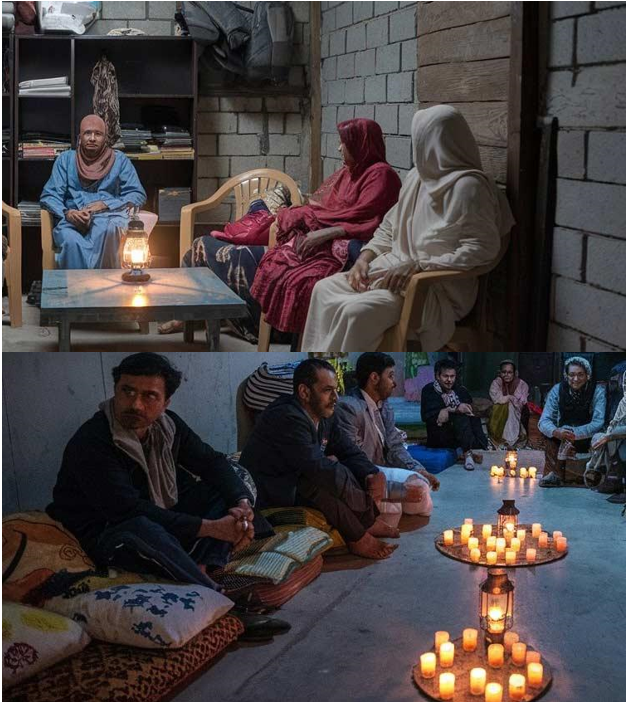INP-WealthPk
Muhammad Saleem
Unbridled prices of electricity are crippling the daily lives of lower-income households, leaving them with little to be spent on education of their children. High energy costs are also forcing factory owners to implement retrenchments. Muhammad Rafiq, an employee at a garment factory, told WealthPK that his employer had categorically told them that he could go for shutdown any time as he was finding it difficult to manage the electricity and gas bills. “I have been working at this unit for over five years. Now I am deeply concerned about how I will make ends meet for my children’s education, food, health and other necessities,” he said. He said their factory owner was happy with the installation of the current government as he believed that the ruling party’s leaders knew how to run business policies. “However, he’s now disappointed with the government’s failed policies, and contemplating closing his factory down because of rising costs.” Echoing Rafiq’s sentiments, economic experts agree that the current conditions in Pakistan are making it challenging for entrepreneurs to run their businesses smoothly. Dr Naseem, an economic analyst and a university teacher, told WealthPK that the number of people living under the poverty line was on the rise and soaring electricity rates were a major contributing factor.
He said it had become impossible for underprivileged segments of society to manage their budgets because of the fluctuating prices of electricity. “As winter is fast approaching, consumers will face inflated gas bills too,” he said, adding that the recent surge in electricity prices had put strain on industrialists, businessmen, traders and lower-income families alike. “No one is immune to the detrimental effects of these rising electricity rates, deterring both local and international investors from investing in Pakistan,” he added. Naseem highlighted that countless households were cutting corners on their children’s diets to save funds to pay utility bills. He noted that such families were now spending a larger portion of their incomes on paying utility bills. “Due to the high energy costs, families have tightened their belts and compromised on their healthcare.” “Nations strive to improve the quality of life, but in Pakistan, we are moving in the opposite direction, with poverty exacerbating malnutrition,” he said. Noor Ahmed, a junkyard owner, said despite not using any lights or fans in this shop, he received a bill of Rs1,400 for consuming just one electricity unit.
“I was taken aback when I looked over the bill and discovered that the government had hit consumers with Rs1,000 as fixed charges and an additional Rs39 for one electricity unit. I’m going to pay Rs1,400 for consuming just one unit of power,” he said. Ahmed said that the pushcart vendors who sold junk to him were living in a hell-like situation due to the inflated electricity bills. He said that he knew some impoverished vendors who were unable to afford sending their children to school. Naseem said independent power producers were wreaking havoc on all segments of society. He said the government was manipulating the facts and painting a rosy picture of industrial growth. He asserted that industrialists and exporters would never make a fuss if their businesses were thriving. “Entrepreneurs are openly voicing their concerns about the challenges due to the high energy costs.” He warned that the closure of industrial units could lead to unrest and unemployment in the country. “The government must reduce rates of electricity as temporary subsidies will not address people's issues,” he suggested.

Credit: INP-WealthPk













